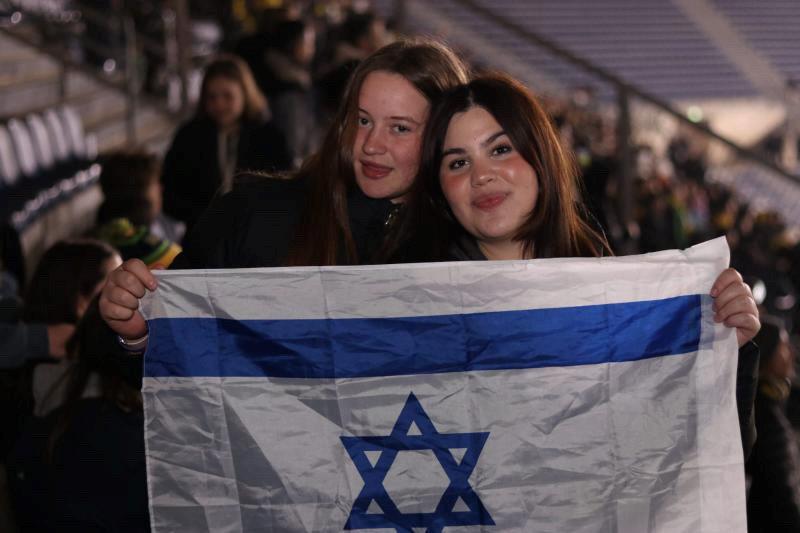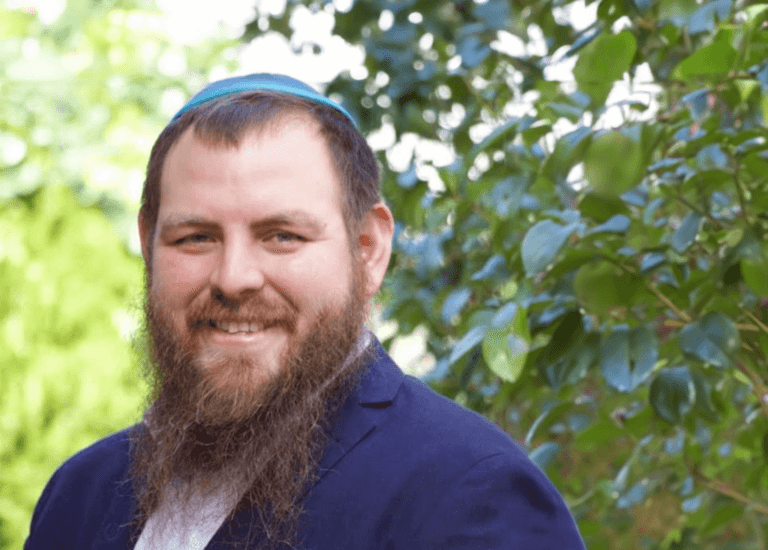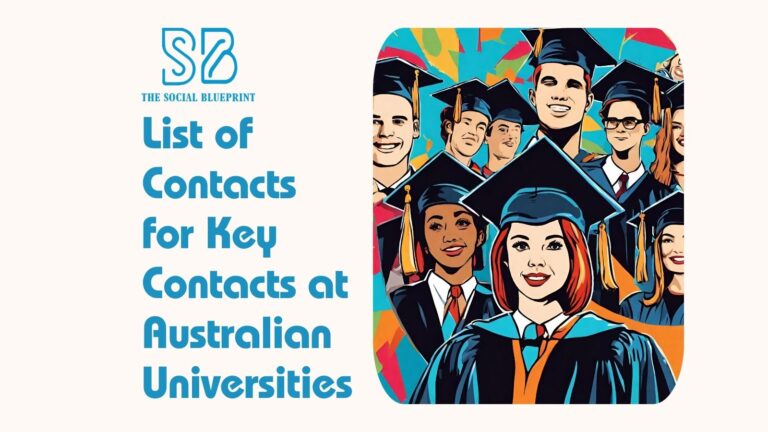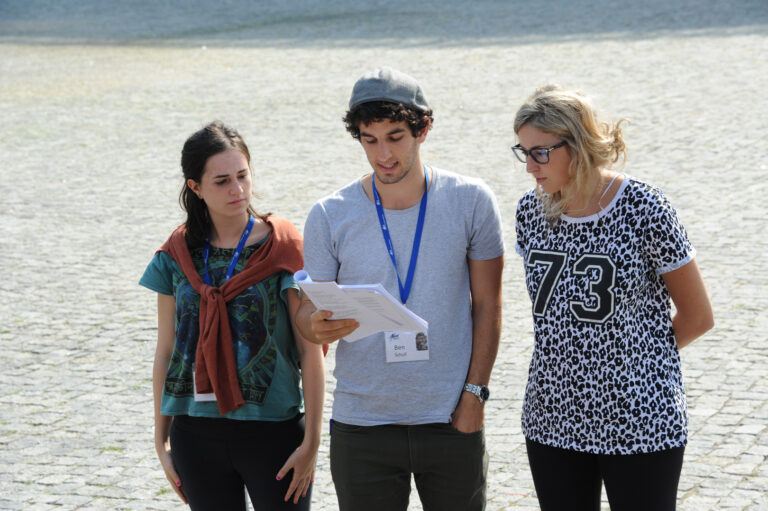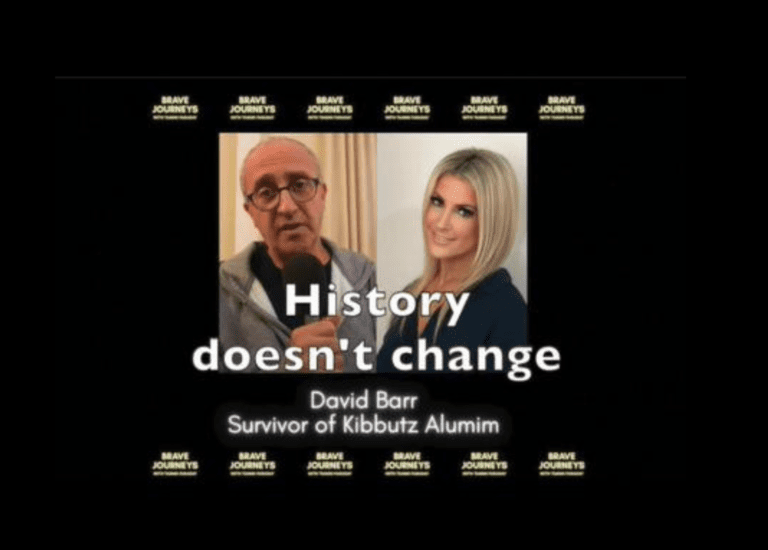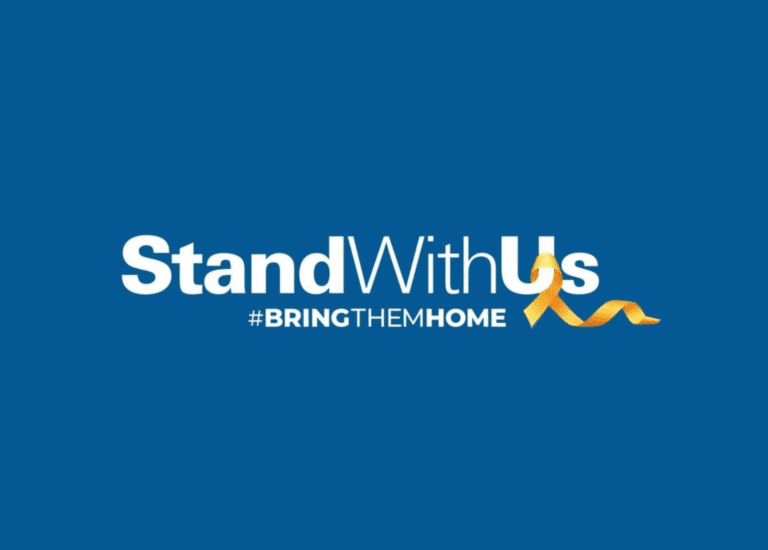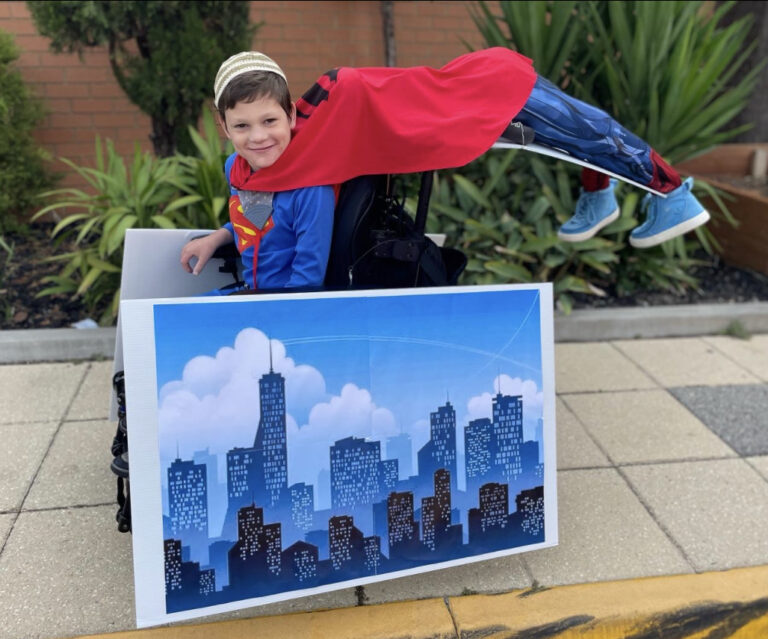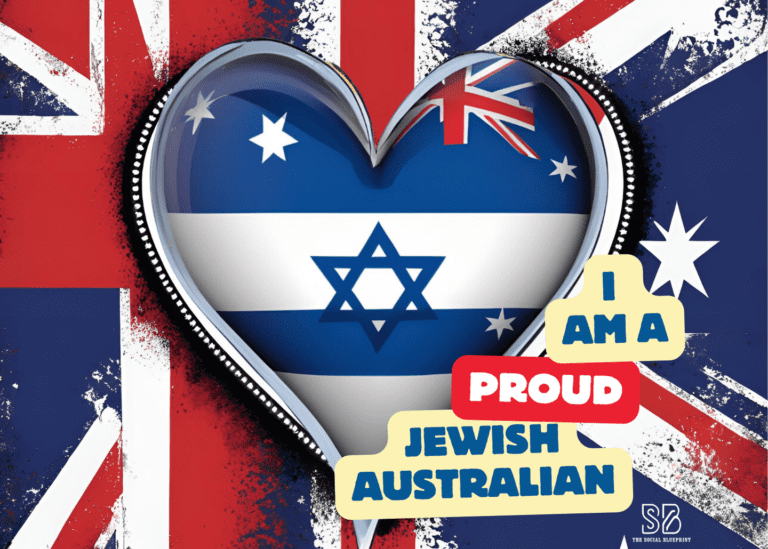Celebrating Israel’s 75th birthday is a wonderful milestone for Jews all around the world, something we should all be proud of.
 Like many of my peers, I am the grandson of Holocaust survivors – in my grandparents’ wedding photos there were yellow Stars of David on their wedding clothes. They migrated to Israel in 1949 with my Mum as a baby. Growing up, I heard many of their stories that are instrinsically connected to the rich history of modern Israel, from the small house they first lived in (that still stands in Givat Aliya in Jaffa) to the soccer games in Bloomfield Stadium, while playing Shesh Besh (backgammon) with my Saba.
Like many of my peers, I am the grandson of Holocaust survivors – in my grandparents’ wedding photos there were yellow Stars of David on their wedding clothes. They migrated to Israel in 1949 with my Mum as a baby. Growing up, I heard many of their stories that are instrinsically connected to the rich history of modern Israel, from the small house they first lived in (that still stands in Givat Aliya in Jaffa) to the soccer games in Bloomfield Stadium, while playing Shesh Besh (backgammon) with my Saba.
I grew up proud of Israel, proud of the country’s achievements, and proud that the modern State of Israel is a powerful symbol of Jewish resilience and strength. My parents worked hard to send me and my siblings to Jewish day school, reinforcing our Jewish identities and Zionist beliefs. We stood together as Jewish university students in AUJS connecting, travelling to Israel on programs, and travelling interstate to see the friends we met at AUJS camps. Life was good. And it was a lot simpler than the current age of social media.
The world today is different. Our children are growing up in an environment where holocaust denial, anti-semitism and anti-Israel sentiment is not just normalised but also institutionalised, tolerated and widely viewed. Those most vulnerable to the verbal and physical attacks are often the Jewish students outside of the Jewish school system.
Connection is key for these Jewish students to feel a sense of belonging. Having a strong sense of identity, knowing your history and being connected to other Jewish teenagers of a similar age, where they are proud to be Jewish together, is critical. My wife and I, who by the way I met on an AUJS camp, had an “aha” moment when our children left the Jewish school system and went to an independent high school. What could we do to ensure their connections remained intact?
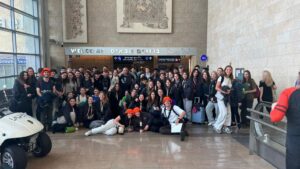 We discovered UJEB’s Year 10 Israel program. There was no question that our kids would participate. They had been to Israel to visit family, but to travel with other students on an organised program is a completely different experience. Studies show that in Year 10, when a child is around 16 years old, it is a pivotal period to work out where you belong, who you are and what you stand for. And to do this as a group is very powerful and creates lifelong bonds.
We discovered UJEB’s Year 10 Israel program. There was no question that our kids would participate. They had been to Israel to visit family, but to travel with other students on an organised program is a completely different experience. Studies show that in Year 10, when a child is around 16 years old, it is a pivotal period to work out where you belong, who you are and what you stand for. And to do this as a group is very powerful and creates lifelong bonds.
My wife and I were inspired to ensure that as many Jewish students at non-Jewish schools could participate in this Israel experience that immerses young adults in our history, culture, and religious traditions, and strengthens their sense of Jewish identity and connection to our communities. We were so impressed by the work of Sydney-based charity Y2i, that we decided to establish a similar charity to support families in those parts of Australia that Y2i did not cover. The Israel for Youth Foundation was created to provide funding to families in need, so that Jewish Year 10 students in non-Jewish schools from Vic, WA, SA, NT and Tas could participate in UJEB’s Year 10 Israel program and in doing so, strengthen their Jewish identity, connect with other Jewish teenagers, become more active members of their communities and promote continuity.
 With increasing numbers of Jewish students not in the Jewish school system or living in areas where they cannot access Jewish school education, providing support to enable them to experience Israel is a powerful way to connect them with their heritage and deepen their understanding of Jewish culture and identity. The impacts are already being felt. Previous participants are now program leaders, lighting Shabbat candles for the first time, returning to Israel to do gap year programs, or even moving cities to be closer to larger Jewish communities. And all of them are more capably dealing with questions about their Jewish history, conflict with the Palestinians and responding to anti-semitic provocations both in person and online.
With increasing numbers of Jewish students not in the Jewish school system or living in areas where they cannot access Jewish school education, providing support to enable them to experience Israel is a powerful way to connect them with their heritage and deepen their understanding of Jewish culture and identity. The impacts are already being felt. Previous participants are now program leaders, lighting Shabbat candles for the first time, returning to Israel to do gap year programs, or even moving cities to be closer to larger Jewish communities. And all of them are more capably dealing with questions about their Jewish history, conflict with the Palestinians and responding to anti-semitic provocations both in person and online.
The 75 years of the modern State of Israel’s existence is a testament to the resilience and strength of the Jewish people, and it represents a source of pride and inspiration for me. Ensuring that our children have that same pride through opportunities to be connected to their history, their identity, their peers, and the Australian Jewish community is critical. While donors recognise these challenges and lend their support, and parents step up to give their children Israel experiences is very humbling, as a diaspora community, we should all be proud that there are young people who are deepening their ties to Israel and Judaism, connecting with other young Jews, increasing their community involvement, and supporting continuity.
About:
 Ronn is the President and Co-Founder of the Israel for Youth Foundation (I4Y).
Ronn is the President and Co-Founder of the Israel for Youth Foundation (I4Y).
When Ronn is not shepping naches about I4Y, he has his other hat on as Executive Director of Automic Group. He’s a dedicated dad and husband and has volunteered a lot of his time for various Jewish community organisations.
Read more about the foundation www.israelforyouthfoundation.org.au or contact us by email info@israelforyouthfoundation.org.au. And you can find us on Facebook and Instagram.
